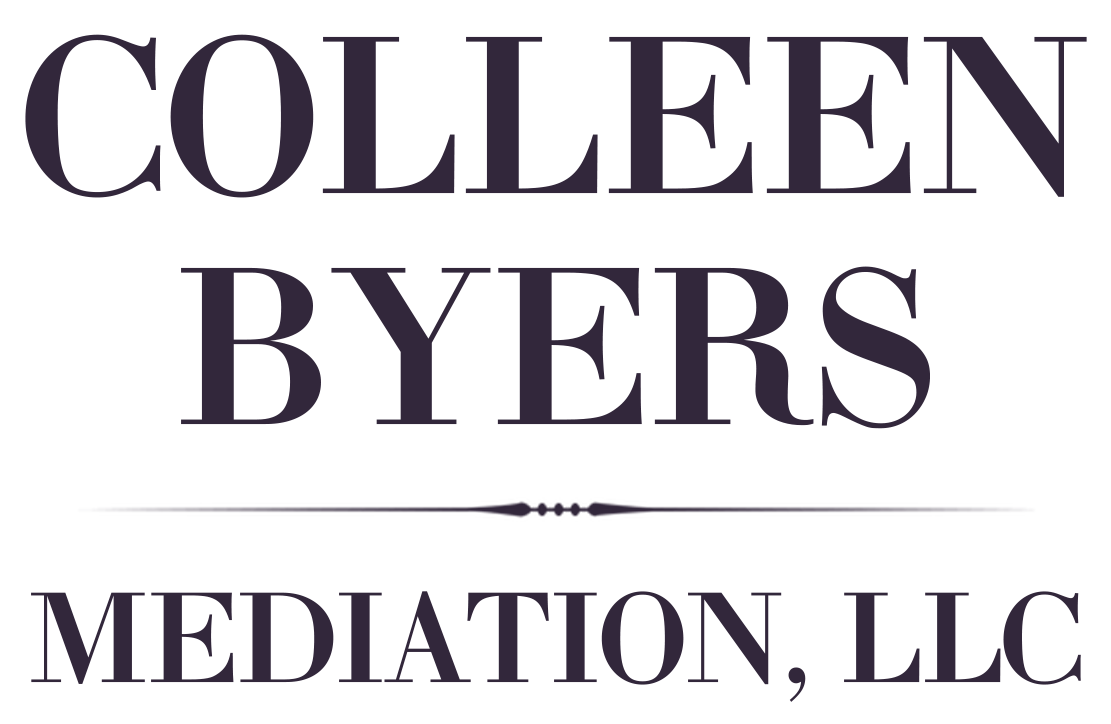Two Critical Considerations for Any Mediation
There are 2 things you absolutely need to consider before any mediation. The first is your BATNA, or the Best Alternative to a Negotiated Agreement, and the second is your WATNA, or the Worst Alternative to a Negotiated Agreement. If you have not analyzed these prior to coming to the negotiation table, then you have put yourself at a disadvantage for the mediation.
How to Analyze Your BATNA
Step 1: If you do not reach an agreement during mediation, what is the very best possible outcome you (or your attorney) could achieve in Court?
In other words, if you are the Plaintiff, your attorney hits a grand slam and you are awarded all the compensatory (and punitive, if plead) damages you seek. If you are the Defendant, your attorney hits a grand slam and either blocks the Plaintiff from recovering anything or keeps the other side’s recovery to a minimum.
This is $X.
Step 2: If you do not reach an agreement during mediation, what is it going to cost you to achieve the very best outcome in Court?
In other words, how much will you pay in court costs, plus attorneys’ fees, plus expert witness fees, plus time away from work, plus stress, plus damage to important relationships, etc. for you to achieve the very best outcome in Court?
This is $Y.
Step 3: Calculate $X minus $Y and this is your BATNA.
How to Analyze Your WATNA
Step 1: If you do not reach an agreement during mediation, what is the very worst possible outcome that could happen in Court?
In other words, you (or your attorney) lose every argument in Court and the very worst happens. This is $A
Step 2: If you do not reach an agreement during mediation, what is it going to cost you to end up with the very worst outcome in Court?
In other words, how much will you pay in court costs, plus attorneys’ fees, plus expert witness fees, plus time away from work, plus stress, plus damage to important relationships, etc. for you to achieve the very best outcome in Court? This is $B.
Step 3: Calculate $A + $B and this is your WATNA.
If there are multiple different claims or causes of action to be negotiated, then you should conduct a BATNA and WATNA analysis for EACH separate claim. Then you should rank your claims so that you know which one has the best BATNA as well as which one has the worst WATNA.
Calculating your BATNA and WATNA in advance of mediation helps you understand the range of possible outcomes and offers measurable data points as you consider settlement offers throughout the mediation process.





